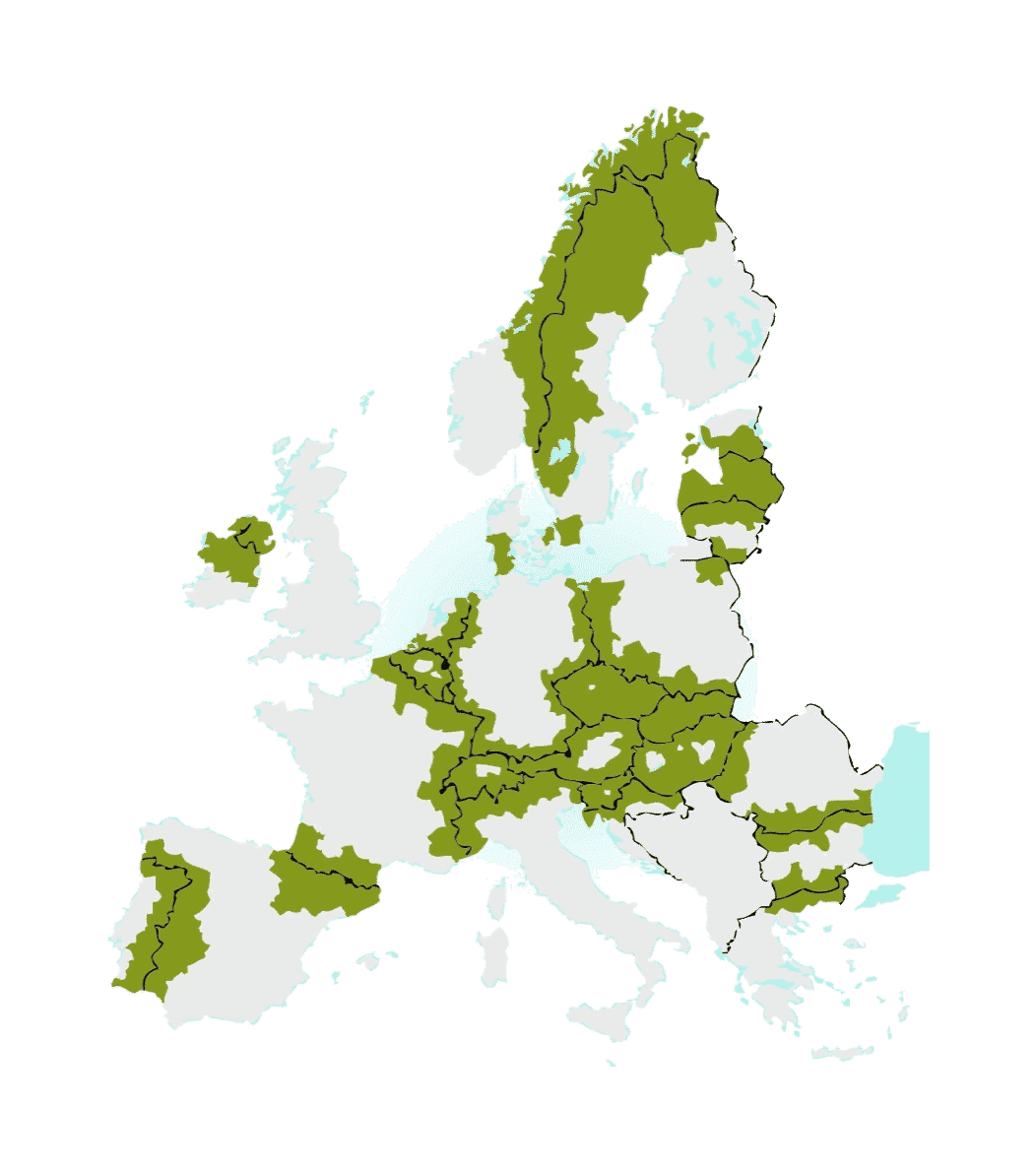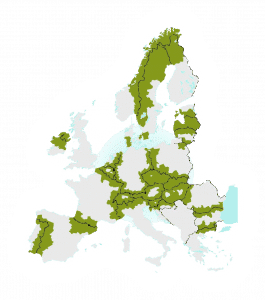The European Commission asked Euregha to formulate a „Joint Statement on health care in cross border regions“. In this advice projects of euPrevent are named as a good example: the Euregional Health Atlas (were data in the EMR are gathered) and Citizen Summits (participatory approach in action).
euPrevent believes that this Joint Statement (JS) is an excellent advice and hopes that the European Commission will follow it. The more organisations that endorse this JS, the more likely this will happen.
We need your help
The more organisations that endorse this Joint Statement, the more likely the European Commission will follow up on this recommendations. With your endorsement you underline the importance of this vision and ask the European Commission to act upon it.
So please read and endorse the „Joint Statement on health care in cross border regions“ before November 30, 2019: http://www.euregha.net/crossborderhealthcare/#introduction
With this joint statement and thematic network, it is the aim of EUREGHA and the “Healthacross initiative” of Lower Austria and all the supporting organisations, to complement the European Commission’s efforts to map crucial challenges in cross-border and regional cooperation in health care and to identify successful experiences, which could be scaled up. A participatory approach is used, and all stakeholders concerned with cross-border healthcare are welcome for ideas and comments.
Together, we want to speak with one voice, to improve the health and well-being of citizen living in border regions and to ensure equitable access to quality healthcare close to home.
Why is this necessary?
The socio-economic development of border regions is often hampered because of their peripheral location and the differences in legislation compared to their neighbouring countries. Border regions experience hindrance of free movement of labour and services which leads to disadvantages in the economic, social and cultural development. In addition, all these factors significantly affect healthcare systems in border regions. The geographical working area for enterprises and their markets (especially in the case of SMEs), healthcare providers and institutions, skills and training services for the workforce, educational institutions and regional governments often encounter more obstacles than in non-border regions, which makes the delivery of healthcare less efficient. Furthermore, citizens are limited in their choice of and accessibility to health care and there is less room for cooperation in the healthcare. A situation that can potentially create health inequalities.
Healthcare is a national competence and Member States finance, manage and organize their healthcare systems on their own. Nonetheless, regions and local authorities share responsibilities and competencies in the sector and the European Union supports cooperation among Member States. Therefore, sub-national authorities in collaboration with the European Commission, the European Parliament, the Member States and all the relevant health stakeholders can jointly address the challenge of delivering health and care in border areas, thus improving health for all European citizens and ensure health equity.

